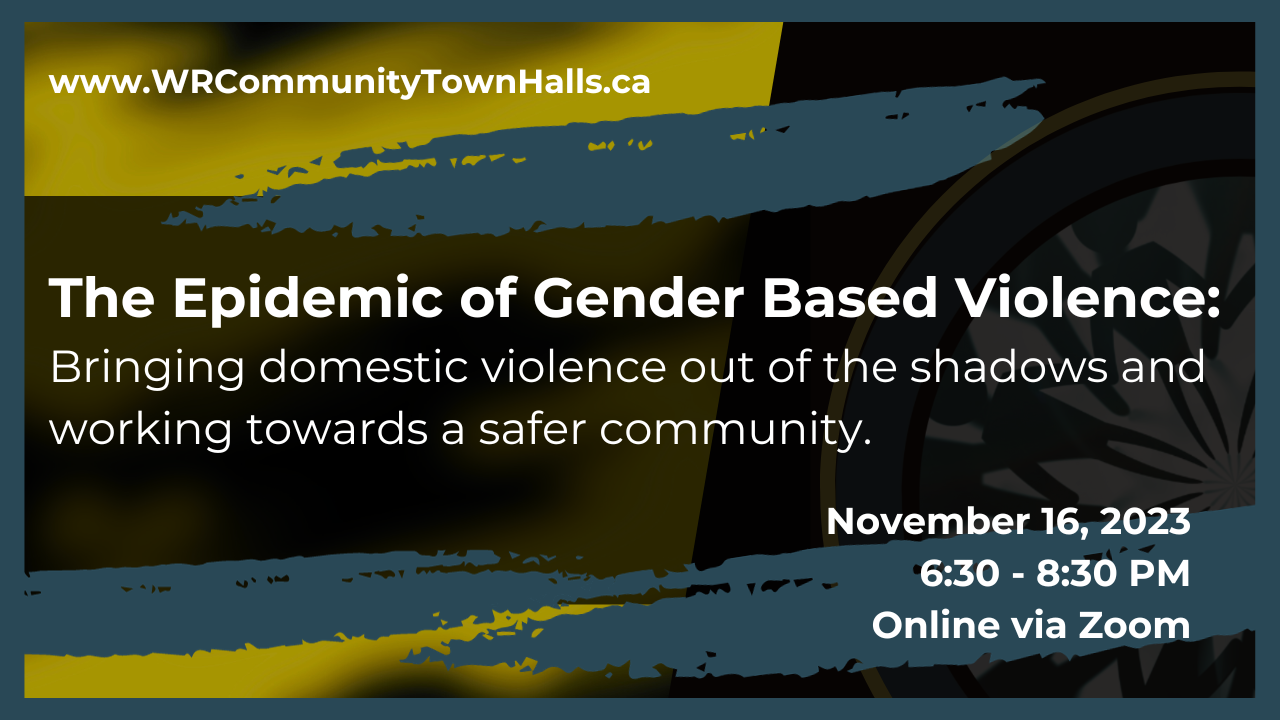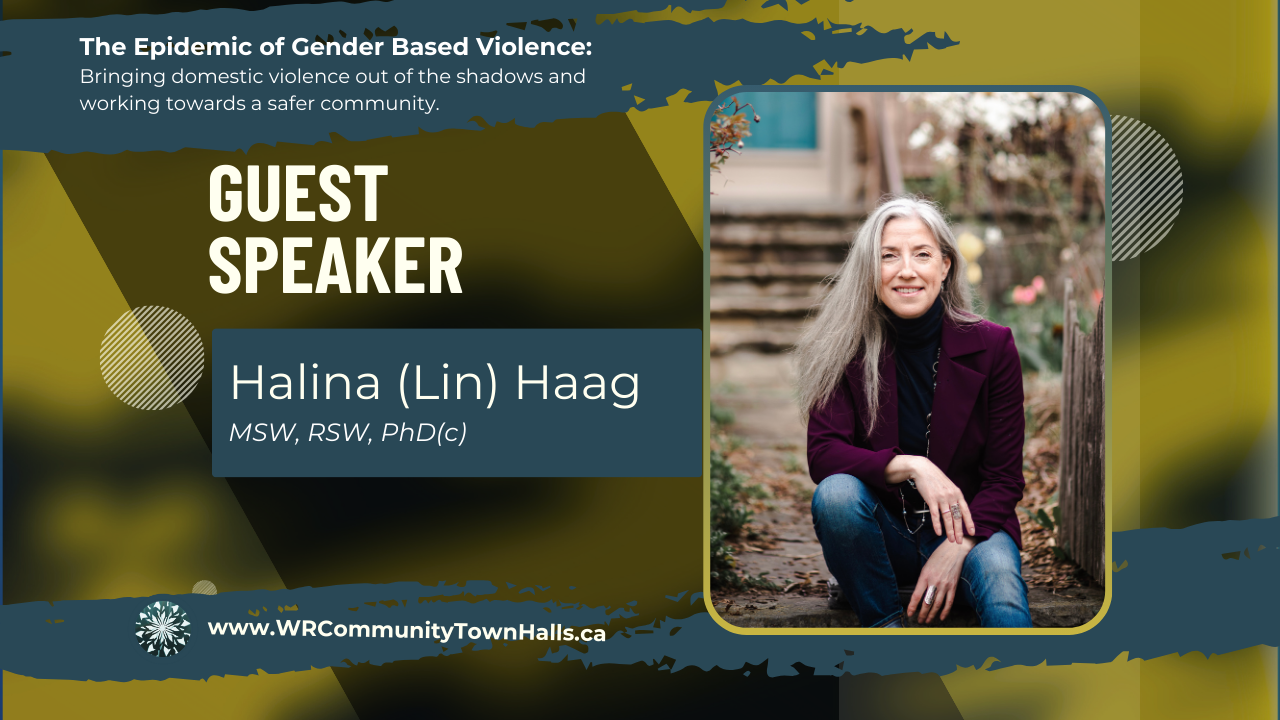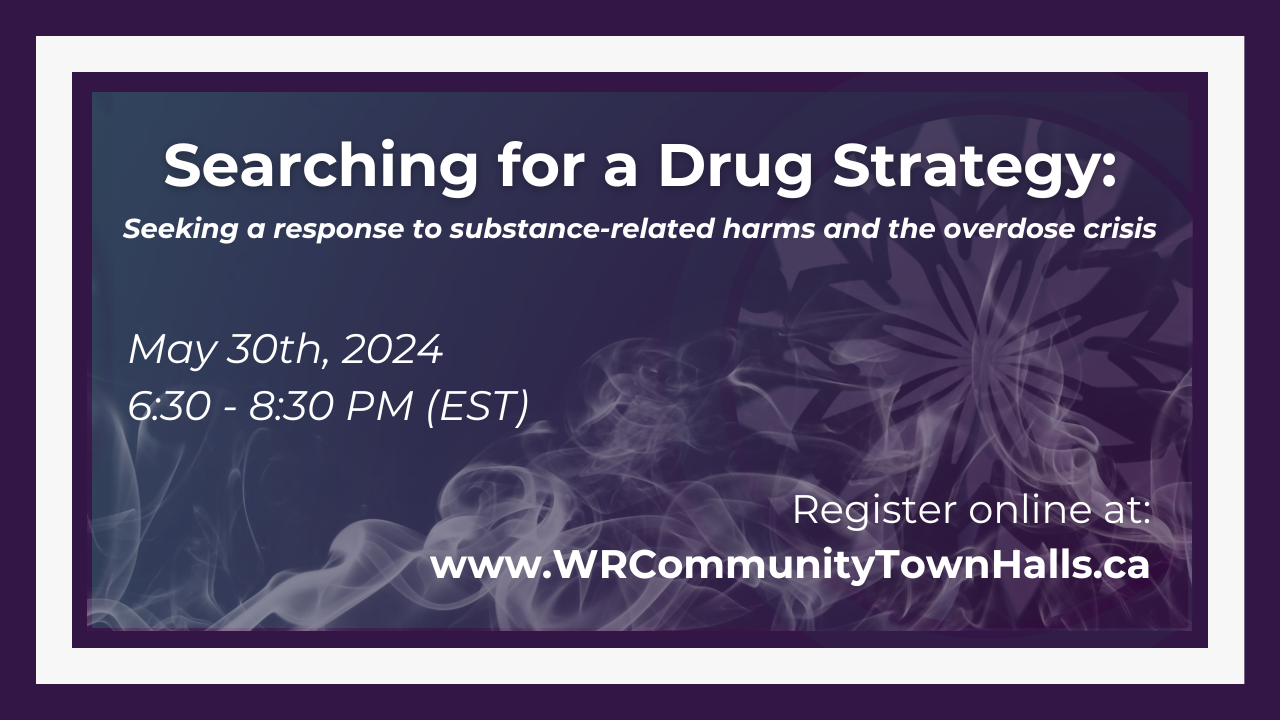Halina (Lin) Haag
MSW, RSW, PhD(c)
|
|
Ms. Haag is a PhD candidate and Contract Faculty member with the Faculty of Social Work at Wilfrid Laurier University and a research trainee at the Acquired Brain Injury Research Lab at the University of Toronto. Her research explores the intersection of intimate partner violence and brain injury. Lin is committed to improving outcomes through direct practice, innovative research, and professional education, believing that increased knowledge and understanding in the community is key. In 2021 she was honoured to recieve the Neurological Health Charities of Canada’s Changemaker Award for her work in IPV-related brain injury. As someone with lived experience of brain injury, she has been a guest speaker addressing issues of disability, brain injury, and marginalization for a variety of international academic, professional, and community-based organizations. Her work has been generously funded by the Ontario Women’s Health Scholar Award.
|
Presentation Footage
|
|
Invisible Wounds - Brain Injuries & IPV: Halina (Lin) Haag
- Prevalence of Brain Injuries in IPV: Lin Haag brings attention to the alarming statistic that up to 75% of women survivors of physical intimate partner violence (IPV) have probable brain injuries, a rate comparable to the prevalence of breast cancer.
- Understanding the 'Perfect Storm' Effect: Haag describes the 'perfect storm' effect in IPV, where most assaults involve hits to the head, face, or neck, leading to brain injuries that impact executive functions crucial for planning and executing an escape from abusive situations.
- Lack of Awareness and Support: There is a critical gap in awareness and support for IPV survivors with brain injuries, both in the healthcare community and IPV support systems.
- Development of Supportive Tools: Haag introduces a web-based toolkit designed to help frontline workers recognize and address traumatic brain injuries among IPV survivors.
- The Pink Brain Pledge Initiative: An initiative encouraging women survivors to donate their brains for research post-mortem, to further understand and address the issue of brain injuries caused by IPV.
Lin Haag, in her insightful presentation, sheds light on a lesser-known yet critical aspect of intimate partner violence (IPV) – the prevalence of brain injuries among survivors. Haag ephasizes the 'perfect storm' effect in IPV situations, where the most common physical assaults involve hits to the head, face, or neck. These injuries often lead to brain damage, particularly affecting areas responsible for executive functions like planning, decision-making, and impulse control. This damage significantly hinders survivors' ability to plan and execute an exit from abusive relationships.
Haag points out the disturbing statistic that up to 75% of women who survive physical IPV may suffer from brain injuries. This figure is as prevalent as breast cancer, yet brain injuries in IPV survivors receive far less attention, funding, and support. There's a notable lack of awareness in the healthcare community and traditional IPV support systems about these injuries and their impact on survivors.
To address this gap, Haag discusses a web-based toolkit developed at a research lab in Toronto. This resource is designed to assist frontline workers in recognizing and supporting IPV survivors with traumatic brain injuries. The toolkit includes information on brain injury symptoms, effects, and support strategies, and it is freely accessible online for use and distribution.
Haag also touches upon the Pink Brain Pledge initiative, which encourages women survivors to donate their brains post-mortem for research. This research aims to understand better and address brain injuries resulting from IPV. The initiative is in its early stages but represents a significant step towards acknowledging and tackling the hidden epidemic of brain injuries in IPV survivors.
In her presentation, Haag calls for increased awareness and education about the intersection of brain injuries and IPV. She advocates for incorporating this knowledge into medical care and legal practices, emphasizing that understanding and addressing brain injuries is crucial for effectively supporting IPV survivors. Haag's message underscores the need for a comprehensive approach that considers the multifaceted impacts of IPV on survivors.



